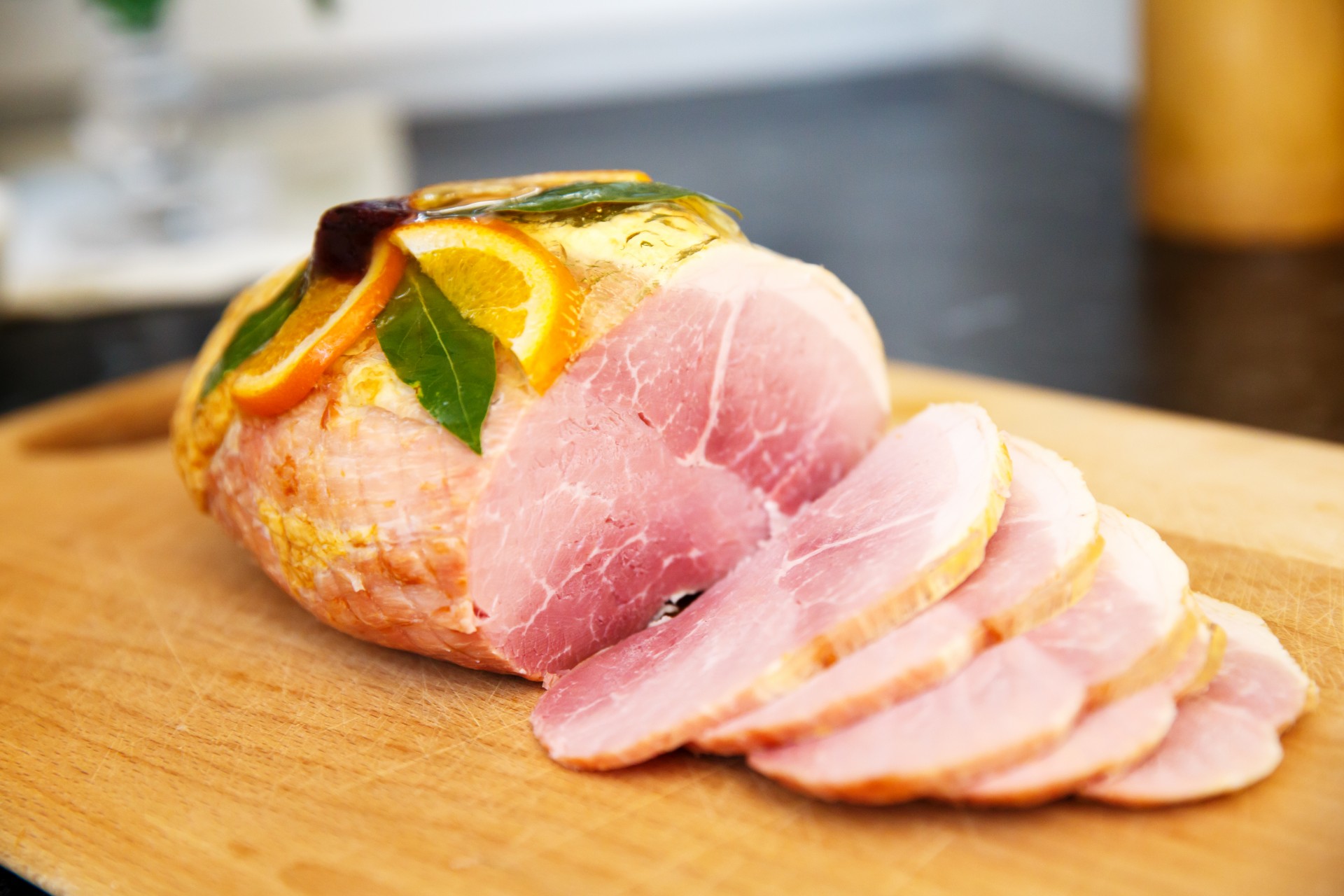Expert Reaction
These comments have been collated by the Science Media Centre to provide a variety of expert perspectives on this issue. Feel free to use these quotes in your stories. Views expressed are the personal opinions of the experts named. They do not represent the views of the SMC or any other organisation unless specifically stated.
Lydia Buchtman is the spokesperson from the Food Safety Information Council
What is listeria?
Listeriosis is a comparatively rare form of foodborne illness, but it can be a very serious disease in pregnant women, people with poor immune systems and the elderly who will need to avoid certain foods. It has also caused occasional outbreaks of mild gastroenteritis in healthy people.
The symptoms are usually described as ‘flu-like’, although vomiting and discoloured urine can occur. Miscarriage can result if a pregnant woman is infected, even if she doesn’t show the symptoms. The time from infection to symptoms can be anywhere between 8 to 90 days.
Listeria is widely found in the environment so most raw foods are likely to be contaminated. Listeria is easily killed by heat, although cooked foods can easily become re-contaminated through poor food handling after cooking.
This is one of the few pathogens that can grow in the refrigerator, so ready to eat food should never be stored in the fridge too long. Although it can grow in the fridge, it will do so only very slowly so make sure your refrigerator is keeping your food at or less than 5°C. Never eat packaged food after its use by date.
How to avoid Listeria?
If you (or someone in your household) has a weakened immune system, or is pregnant, the best way to avoid Listeria is to eat freshly cooked or freshly prepared food.
Try to avoid foods which have a higher risk of Listeria contamination such as:
- cold meats from delicatessen counters and sandwich bars, and packaged, sliced ready-to-eat meats
- cold cooked ready- to-eat chicken (whole, portions, or diced)
- pre-prepared or pre-packaged fruit or vegetable salads, including those from buffets and salad bars
- chilled seafood such as raw oysters, sashimi and sushi, smoked ready-to-eat seafood and cooked ready-to-eat prawns
- soft, semi-soft and surface-ripened cheeses such as brie, camembert, ricotta, blue and feta
- refrigerated paté or meat spreads
- soft serve ice cream
- unpasteurised dairy products.
- You can further reduce your risk of listeriosis by following these food safety tips:
- avoid foods that are past their ‘best before’ or ‘use by’ date
- refrigerate leftovers promptly and use within 24 hours, or freeze
- cook foods thoroughly
- reheat foods until it is steaming hot
- check this advice from Food Standards Australia New Zealand on making safer
People at higher risk of listeriosis include pregnant women, their unborn and newborn babies, the elderly and other people whose immune systems have been weakened by illness or drugs (for example: cancer patients, organ transplant recipients, and people on drugs like cortisone).
Professor Martyn Kirk is NHMRC Career Development Fellow in the College of Health & Medicine at Australian National University
Listeria is a very rare infection, with approximately 60-80 infections reported to health departments each year in Australia. The majority of these infections occur in people who have weakened immune systems, or are elderly. A small proportion of infections occur in pregnant women and can cause meningitis in the unborn baby. The consequences of infection are severe, with up to 20% of people dying following infection. Listeria is a ubiquitous bacteria that is present on many foods. For people in high risk groups (pregnant women and immunocompromised) they should not eat foods that are high risk for Listeria contamination, including pre-prepared fruits and salads, deli meats, pre-cooked and smoked seafoods, soft cheeses, pates and dips, soft serve icecreams, and unpasteurized milk products. Unfortunately, lots of these foods are common at Christmas-time, and it can be difficult for people to avoid them.



 Australia; VIC; ACT
Australia; VIC; ACT

